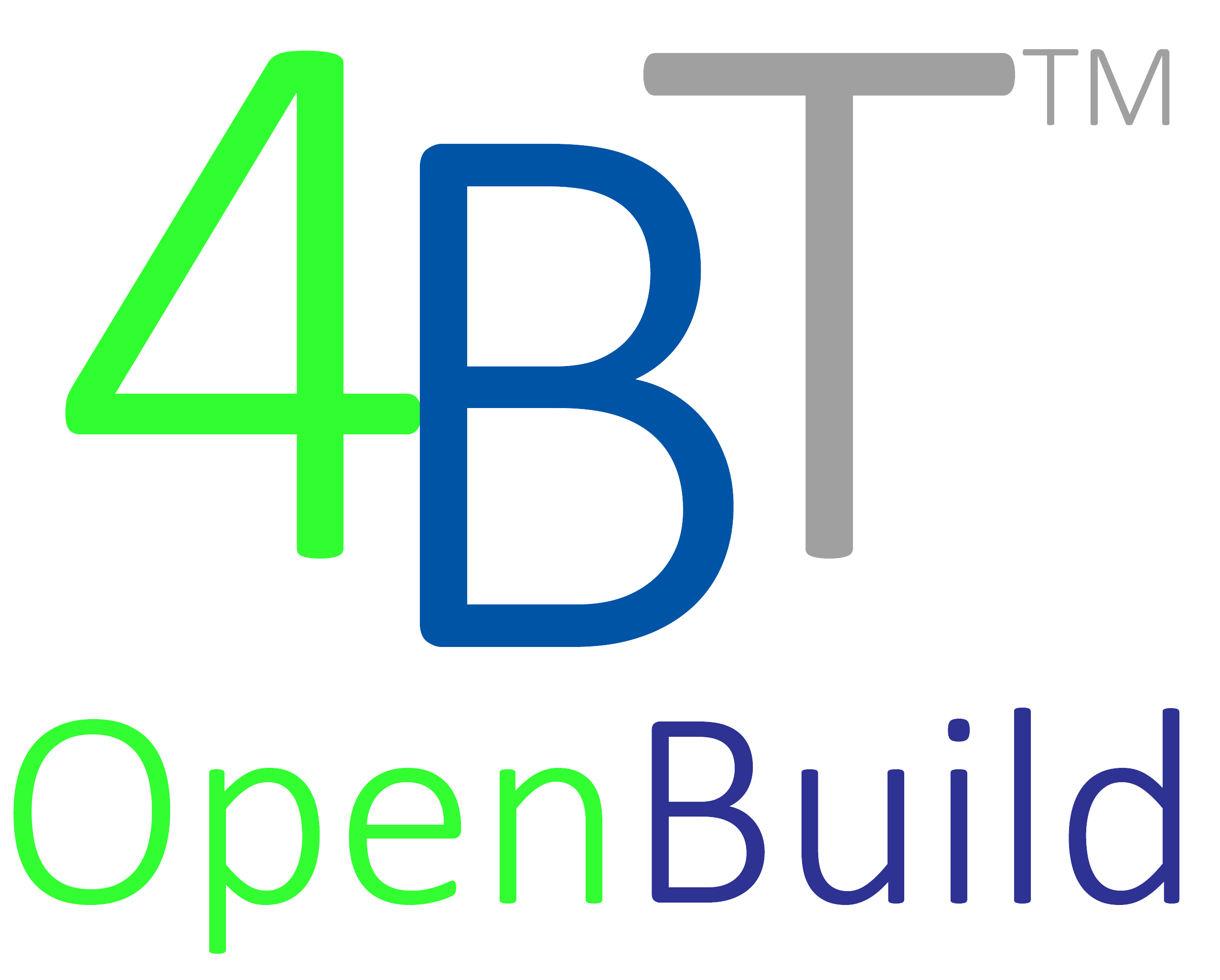Owner responsibility for construction waste is clearly documented.
Early and ongoing collaboration between teams working towards mutually defined and beneficial goals is a prerequisite for consistent achievement of maximum integration and utilization of available resources.
A comprehensive, step-by-step execution guide detailing roles, responsibilities, workflows and information environments, among real propter owners, design engineers, architects, prime contractors, and subcontractors and an associated multi-party long-term mutually beneficial contract is also a fundamental requirement
It is the owner’s responsibility to provide leadership and oversight with respect to an established strategic framework to meet the budgetary, scheduling, and quality/technical goals of any associated project.

While all of the above is far from common across the architectural, engineering, construction, operations, owner sector (AECOO), both the fundamentals and associated implementation tools and services are readily available. The proven principles, systems, workflows, etc. are far from complex and are documented and executed in a logical, simple, and concise manner. The only steep “learning curve” facing most organizations the needed to change from archaic and antagonistic traditional process, to significantly higher performance means and methods.

Integrated construction(repair, renovation, maintenance, sustainment, or new build) planning, procurement, and project delivery is a “no brainer”, but rarely practiced. The efficiencies of early and ongoing financial and technical communications among all project participants and stakeholders are well known. While robust processes have existed for decades to support these major improvements, owner leadership and commitment simply been present to drive widespread adoption.
As are result, rather than leveraging proven systematic approaches embedded with LEAN principles and processes, the AECOO continues to treat each projects as a separate “beast”. The result, of course, is failure to leverage past learnings and inordinate levels of waste. Adversarial short-term relationships driving by sector-wide focus upon “first-costs” continues to be the status quo across all public and private sectors.
